
Great Bird Island: A Tropical Haven in Antigua and Barbuda
Nestled just off the coast of Antigua, Great Bird Island is a serene escape that promises a blend of untouched beauty and rich biodiversity. This small, uninhabited island is accessible by boat and offers a unique opportunity to experience nature at its finest. The island is a sanctuary for numerous bird species, making it a paradise for bird watchers and nature enthusiasts. The surrounding waters are crystal clear and teem with marine life, perfect for snorkeling and swimming. The coral reefs are vibrant and offer a spectacular underwater world to explore. Great Bird Island is also home to the endangered Antigua Racer snake, which is harmless to humans but fascinating to observe. The island's trails lead you through lush vegetation to breathtaking viewpoints, where you can soak in panoramic vistas of the Caribbean Sea. Whether you're looking to relax on secluded beaches, hike through verdant landscapes, or dive into the vibrant marine ecosystem, Great Bird Island offers a peaceful retreat that will leave you rejuvenated and inspired.
Local tips in Great Bird Island
- Visit early in the morning to avoid the midday heat and enjoy the tranquility.
- Bring your own snorkeling gear to explore the vibrant coral reefs.
- Pack a picnic as there are no facilities or eateries on the island.
- Wear sturdy shoes for the hiking trails as they can be uneven.
- Don't forget your binoculars for bird watching opportunities.
- Carry plenty of water and sunscreen to stay hydrated and protected from the sun.
Great Bird Island: A Tropical Haven in Antigua and Barbuda
Nestled just off the coast of Antigua, Great Bird Island is a serene escape that promises a blend of untouched beauty and rich biodiversity. This small, uninhabited island is accessible by boat and offers a unique opportunity to experience nature at its finest. The island is a sanctuary for numerous bird species, making it a paradise for bird watchers and nature enthusiasts. The surrounding waters are crystal clear and teem with marine life, perfect for snorkeling and swimming. The coral reefs are vibrant and offer a spectacular underwater world to explore. Great Bird Island is also home to the endangered Antigua Racer snake, which is harmless to humans but fascinating to observe. The island's trails lead you through lush vegetation to breathtaking viewpoints, where you can soak in panoramic vistas of the Caribbean Sea. Whether you're looking to relax on secluded beaches, hike through verdant landscapes, or dive into the vibrant marine ecosystem, Great Bird Island offers a peaceful retreat that will leave you rejuvenated and inspired.
When is the best time to go to Great Bird Island?
Iconic landmarks you can’t miss
VC Bird Monument
Explore the VC Bird Monument in St. John's, a magnificent tribute to Antigua and Barbuda's first Prime Minister and a must-visit for history lovers.
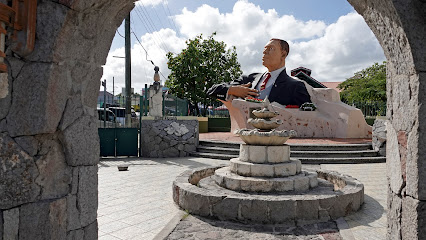
Hells Gate Island
Explore the breathtaking beauty and rich history of Hells Gate Island, a unique destination northeast of Antigua, perfect for nature lovers and adventure seekers.
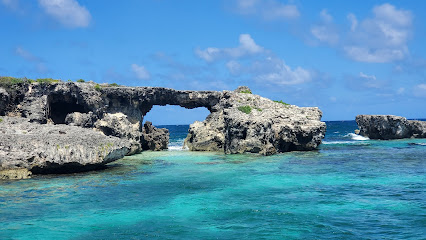
Easternmost point of Antigua and Barbuda
Explore the Easternmost Point of Antigua and Barbuda, a historical landmark offering stunning views and a glimpse into Caribbean maritime history.

Unmissable attractions to see
Deep Bay Beach
Escape to Deep Bay Beach in Antigua: Pristine sands, tranquil waters, and historic charm await in this Caribbean paradise.
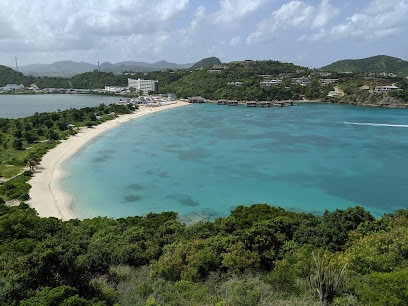
Scooter Snorkeling Antigua
Glide effortlessly through crystal-clear waters, encountering sea turtles and vibrant marine life with Antigua's premier scooter snorkeling experience.
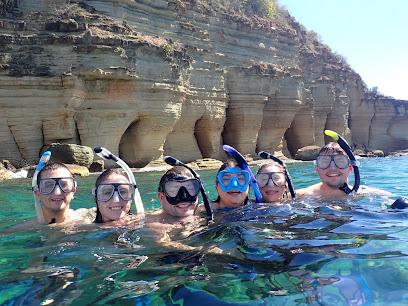
Lookout to Nelson Dock Yard
Enjoy panoramic views of Antigua's historic Nelson's Dockyard from this scenic lookout point in Falmouth. A must-see for history buffs and nature lovers!
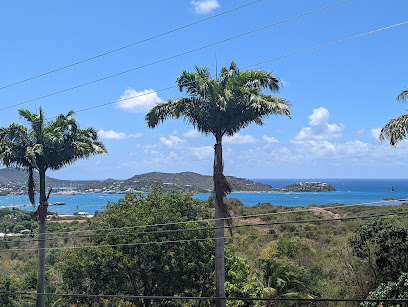
Browns Bay
Discover the serene beauty of Browns Bay in FreeTown, Antigua. Relax on the sandy shores and soak up the Caribbean sunshine.

Picturesque Antigua
Discover the authentic charm of Antigua near Buckleys: beaches, history, and natural beauty await in this Caribbean paradise.

Essential places to dine
Al Porto
Experience authentic Italian cuisine with stunning waterfront views at Al Porto in Jolly Harbour.
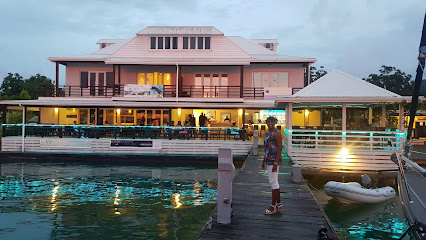
Ana's On The Beach
Experience exquisite dining and refreshing cocktails at Ana's On The Beach, where stunning ocean views meet delightful flavors in Antigua.
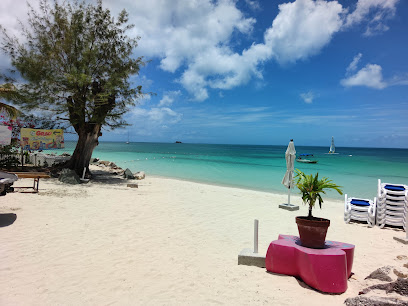
Bay House Restaurant & Bar
Discover family-friendly dining at Bay House Restaurant & Bar in Antigua—where delicious breakfasts meet stunning views.
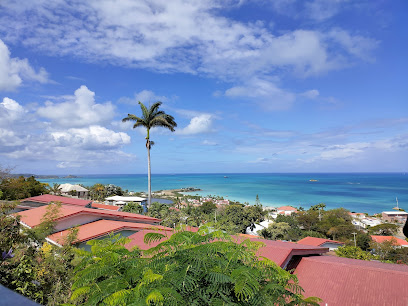
The Nest -Beach Bar, Antigua
Experience beachfront dining at The Nest Beach Bar in Antigua with delicious grills and breathtaking ocean views for an unforgettable getaway.
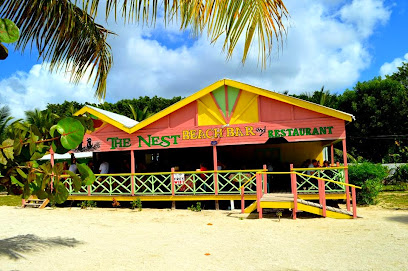
Hemingway's Caribbean Cafe
Experience authentic Caribbean cuisine at Hemingway's Cafe in St. John's – where every meal tells a story.
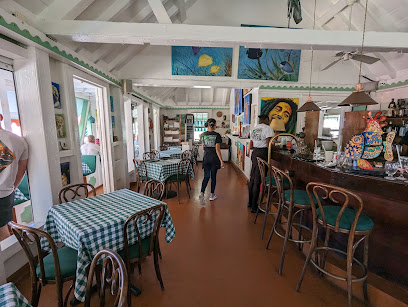
Papa Zouk
Discover the flavors of Antigua at Papa Zouk, where fresh seafood meets vibrant Caribbean culture in an unforgettable dining experience.
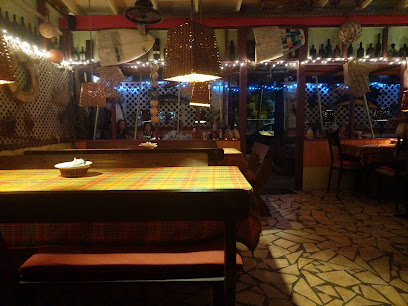
Abracadabra
Experience the magic of Abracadabra: where exquisite Italian dining meets vibrant nightlife in English Harbour, Antigua.
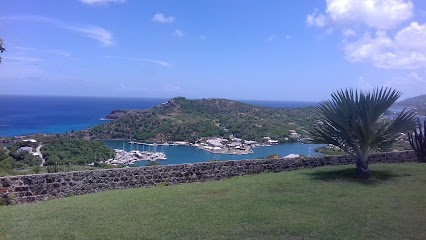
Cecilia's
Discover Cecilia's in Antigua: A culinary delight blending local flavors with international flair in a warm and inviting atmosphere.
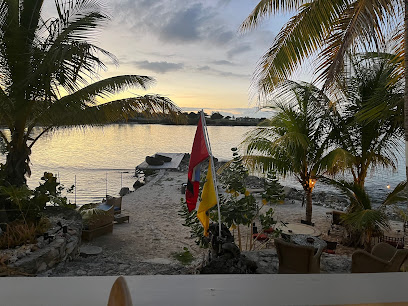
Aunty Cavell's Restaurant
Discover authentic Caribbean flavors at Aunty Cavell's Restaurant in Urlings - where every dish tells a story.
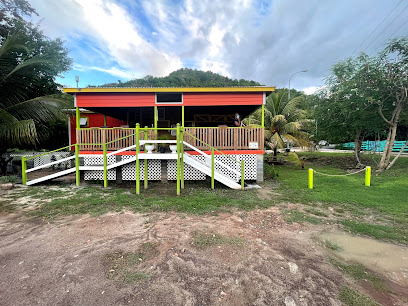
Incanto
Discover Incanto: A hidden gem offering authentic Italian cuisine amidst breathtaking views in Antigua's English Harbour.
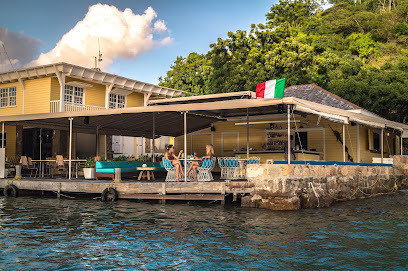
Cool Runnings Restaurant & Bar
Experience authentic Caribbean flavors at Cool Runnings Restaurant & Bar in St. John's - a culinary gem offering delicious local dishes and stunning views.

D'cravinz Restaurant & Bar
Discover authentic Caribbean flavors at D'cravinz Restaurant & Bar in St. John's - a culinary delight not to be missed while visiting Antigua.
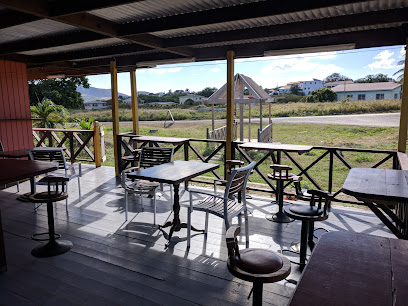
Colibri Bistro Bar Lounge
Discover the vibrant flavors of Antigua at Colibri Bistro Bar Lounge - where every meal is an unforgettable experience.
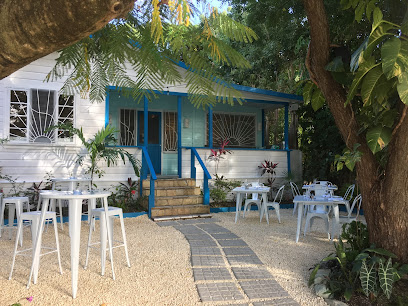
La Brasserie d'Antigua
Discover the flavors of France at La Brasserie d'Antigua—where exquisite dining meets breathtaking views in English Harbour.
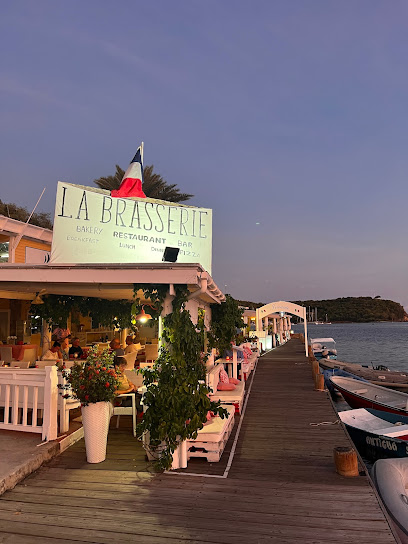
Mama Pasta
Discover authentic Italian flavors at Mama Pasta in Willikies - where every dish tells a story of tradition.
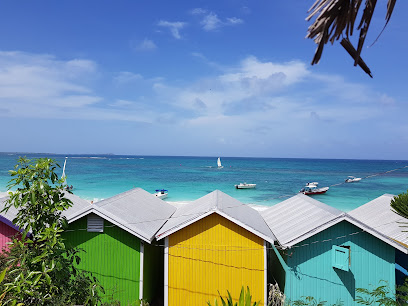
Markets, malls and hidden boutiques
Costume Island Antigua
Explore a vibrant array of costumes and accessories at Costume Island Antigua, perfect for any occasion and bursting with creativity.
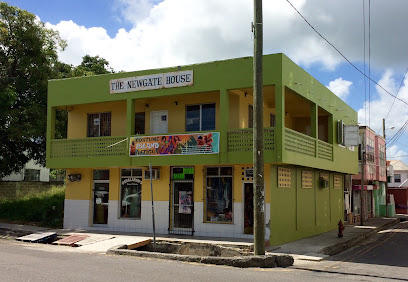
Zemi Art Gallery
Explore Zemi Art Gallery in St. John's for unique handmade gifts and local artistry that reflect the vibrant spirit of Antigua.
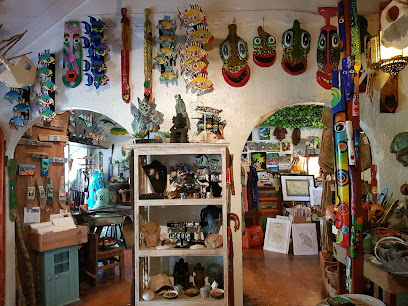
Exotic Antigua
Explore the unique styles at Exotic Antigua, where local culture meets vibrant fashion in the heart of St. John's.
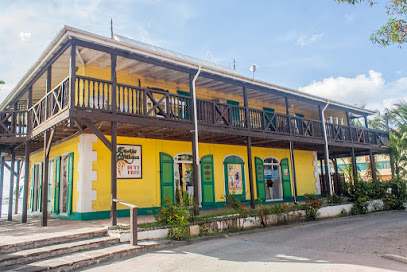
Lornette Shop
Explore Lornette Shop in Piggotts for a delightful selection of home goods that blend functionality with local charm in a welcoming atmosphere.
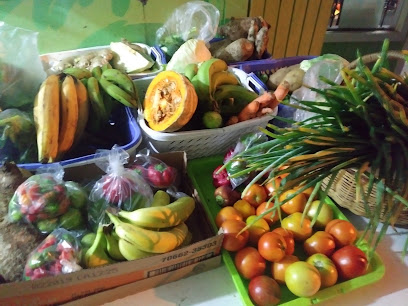
The Posh Pirate Antique Store
Explore The Posh Pirate Antique Store in Liberta for unique vintage treasures and a glimpse into the rich history of the Caribbean.
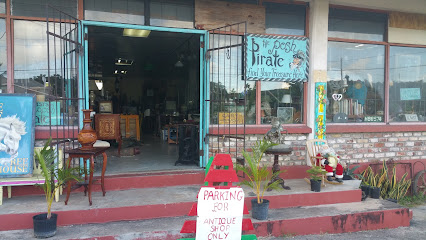
BALLOON OCCASIONS Decorating Service And Party Store
Discover Balloon Occasions in Antigua and Barbuda, your premier destination for vibrant party decorations and supplies for every celebration.
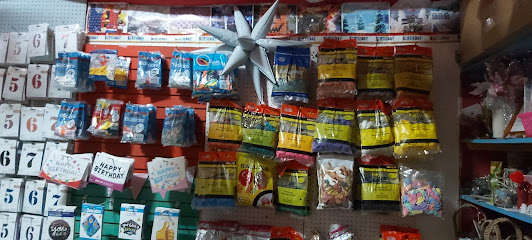
BOSSY MINI MART
Discover BOSSY MINI MART, the ultimate grocery store for tourists, offering local snacks and essentials in a friendly atmosphere.

Sea Island Trading Antigua
Explore the eclectic charm of Sea Island Trading Antigua, your go-to destination for unique home goods and authentic Antiguan treasures.
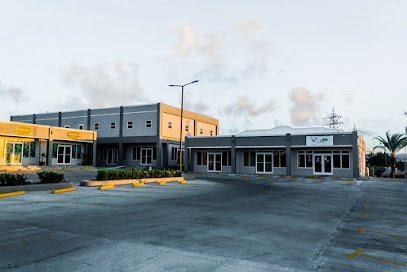
The Cotton House
Discover unique fashion at The Cotton House in Cobbs Cross, Piccadilly, where local craftsmanship meets stylish apparel for every occasion.
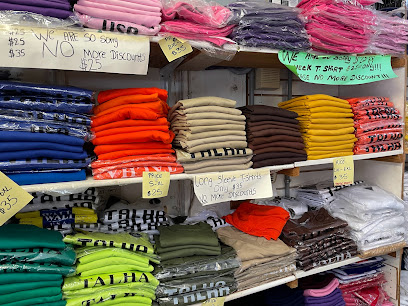
Britt Shop Aeropuerto Antigua
Discover local treasures at Britt Shop Aeropuerto Antigua, your go-to gift shop for unique souvenirs, chocolates, and more at the airport.
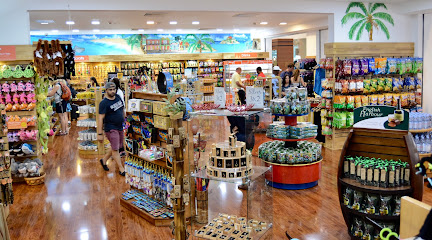
Bold Fashion Boutique
Explore Bold Fashion Boutique in English Harbour for unique clothing and accessories that capture the essence of style and individuality.

Photofantasy Antigua
Explore unique gifts and local crafts at Photofantasy Antigua, a charming gift shop in the heart of English Harbour.

Rasta Pasta
Explore the vibrant world of Antiguan craftsmanship at Rasta Pasta, your go-to gift shop for unique souvenirs and local treasures.
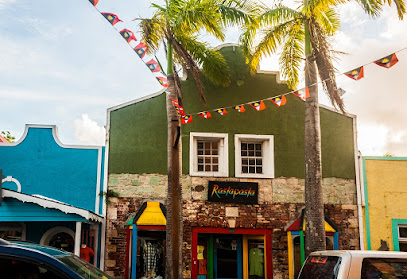
Onelove
Explore Onelove, the quintessential gift shop in St. John's, featuring unique souvenirs and local crafts that capture the spirit of Antigua.
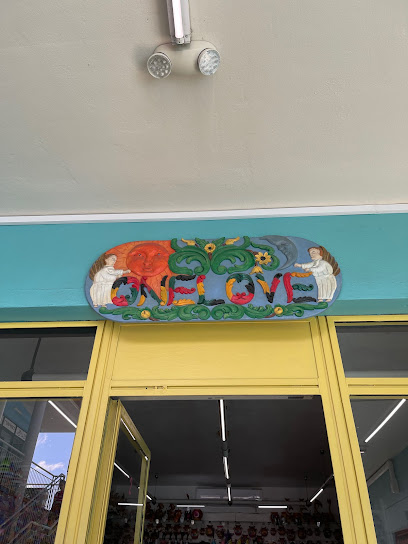
Kay's Baby (Adventure in style)
Discover stylish baby essentials at Kay's Baby in Potters Village, your go-to store for high-quality baby gear and clothing.

Essential bars & hidden hideouts
The Nest -Beach Bar, Antigua
Experience the vibrant flavors and stunning views at The Nest Beach Bar in Antigua, where relaxation meets culinary delight in a tropical paradise.
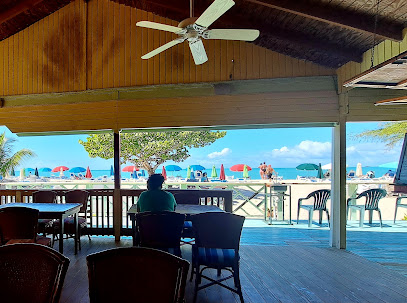
Cheers Antigua
Experience the best of Caribbean grill cuisine at Cheers Antigua, located in the vibrant Heritage Quay of St. John's.
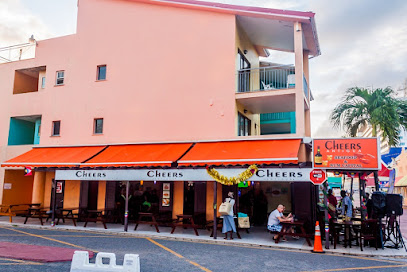
Beach Bum Bar & Cafe
Experience the vibrant atmosphere and delicious local cuisine at Beach Bum Bar & Cafe, the perfect destination for sun seekers in FreeTown.
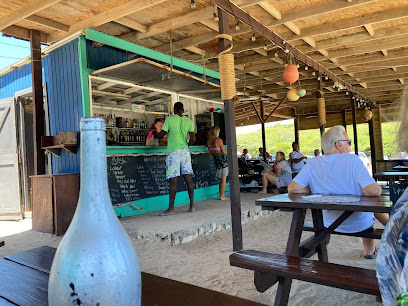
Kon Tiki Bar and Grill
Discover the flavors of the Caribbean at Kon Tiki Bar and Grill, where every meal is a celebration of local culinary traditions.
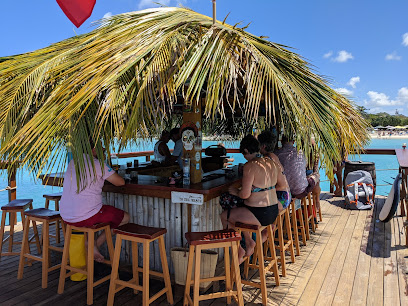
Loose Cannon Beach Bar
Discover culinary delights, refreshing cocktails, and thrilling water sports at Loose Cannon Beach Bar on Galleon Beach, English Harbour.
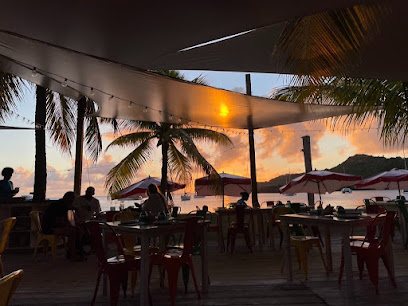
Garrot Blacks Bar & Lounge
Experience the vibrant Caribbean culture at Garrot Blacks Bar & Lounge in English Harbour, where delightful drinks meet a lively atmosphere.
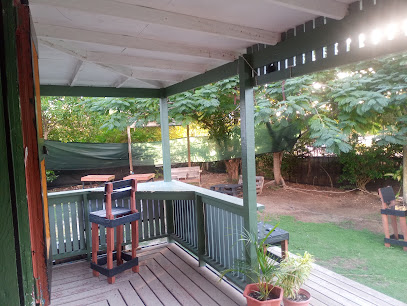
Landing Strip Restaurant and Bar
Discover the vibrant atmosphere of Landing Strip Restaurant and Bar, where delicious food meets refreshing drinks for an unforgettable experience in Pigott's Main Rd.
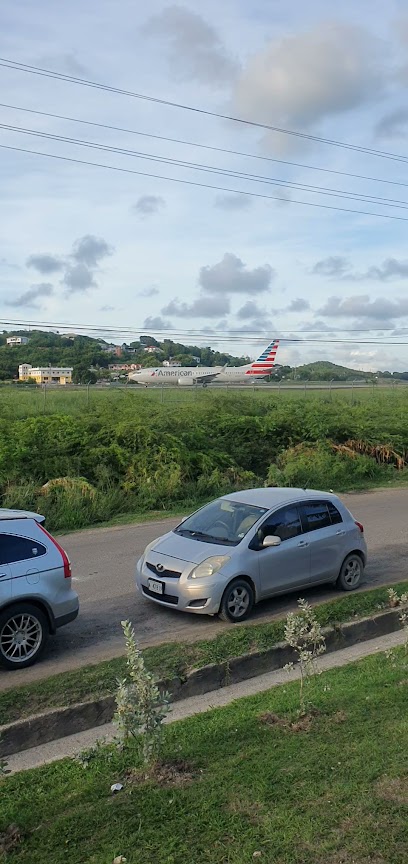
ROSA BAR
Discover Rosa Bar in Piggotts: A lively Caribbean bar offering a vibrant atmosphere, delicious drinks, and local flavors perfect for travelers seeking fun and relaxation.
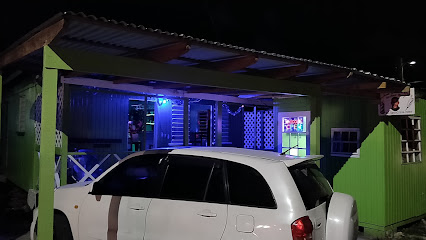
WENDYS BAR
Experience the lively atmosphere and local flavors at Wendy's Bar in St. John's, the perfect spot for unforgettable nights in Antigua.

CHRISTIAN SUNSHINE BAR
Discover the lively Christian Sunshine Bar in Piggotts, a perfect blend of local culture, refreshing drinks, and friendly atmosphere.
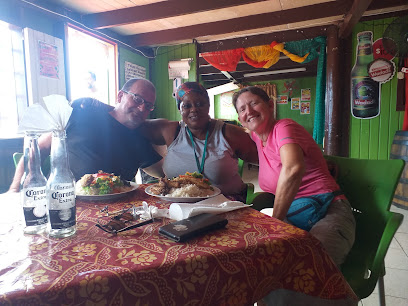
CAR WASH BAR
Discover the unique charm of Car Wash Bar in Piggotts, where vibrant drinks and a friendly atmosphere create unforgettable memories.
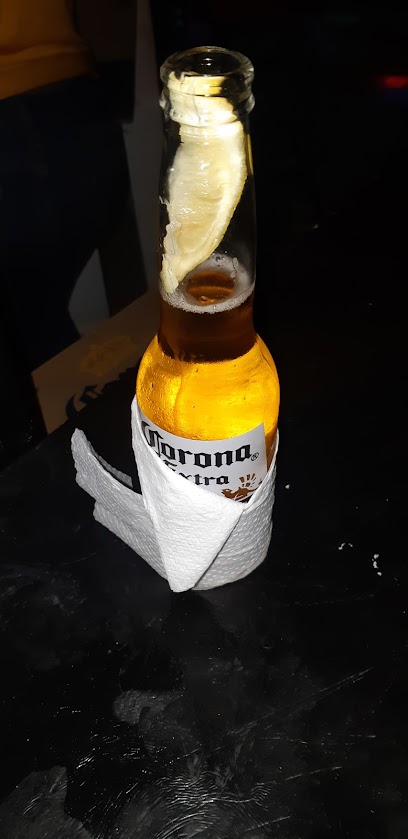
Skyy Bar Beer Garden & Lounge
Discover the lively Skyy Bar Beer Garden & Lounge in St. John's, where tropical vibes meet vibrant nightlife and refreshing local drinks.
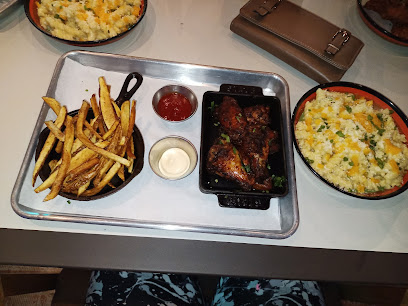
Kennedy's Classic Bar & Deli
Experience local flavors and vibrant atmosphere at Kennedy's Classic Bar & Deli in St. John's, Antigua—your perfect dining spot!
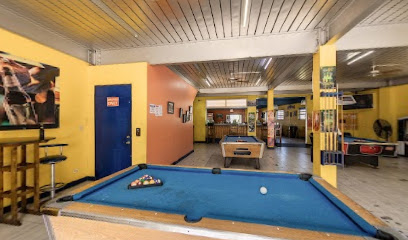
Stables Bar
Discover the vibrant nightlife and refreshing flavors at Stables Bar, a must-visit destination in Cassada Gardens for every traveler.

Local Phrases about Great Bird Island
-
- HelloWadadli
[wah-dahd-lee] - GoodbyeLeh we meet
[lay weh meet] - YesYeah man
[yeh man] - NoNah man
[nah man] - Please/You're welcomeEh beg yuh
[ay beg yuh] - Thank youTank yuh
[tank yuh] - Excuse me/SorryPardon me
[pah-dun me] - How are you?Ow yuh dey?
[ow yuh dey?] - Fine. And you?Ah dey good. An yuh?
[ah dey good. an yuh?] - Do you speak English?Yuh speak English?
[yuh speak English?] - I don't understandAh doh get yuh
[ah doh get yuh]
- HelloWadadli
-
- I'd like to see the menu, pleaseLemme see de menu, please
[leh-mee see deh menu, please] - I don't eat meatAh doh eat meat
[ah doh eat meat] - Cheers!Skol!
[skohl!] - I would like to pay, pleaseAh would like to pay, please
[ah would like to pay, please]
- I'd like to see the menu, pleaseLemme see de menu, please
-
- Help!Help!
[help!] - Go away!Gwan weh!
[gwan way!] - Call the Police!Call de Police!
[call de police!] - Call a doctor!Call ah doctor!
[call ah doctor!] - I'm lostAh loss
[ah loss] - I'm illAh sick
[ah sick]
- Help!Help!
-
- I'd like to buy...Ah wah buy...
[ah wah buy...] - I'm just lookingAh jus browsing
[ah jus brow-zing] - How much is it?How much it be?
[how much it bee?] - That's too expensiveDat too dear
[dat too deer] - Can you lower the price?Yuh cud drop de price?
[yuh kud drop de price?]
- I'd like to buy...Ah wah buy...
-
- What time is it?Wha time it be?
[wah time it bee?] - It's one o'clockIt one o'clock
[it one o'clock] - Half past (10)Half ten
[half ten] - MorningMawnin
[mawnin] - AfternoonEvenin
[evenin] - EveningNite
[nyt] - YesterdayYessideh
[yess-ee-deh] - TodayToday
[today] - TomorrowTamara
[tah-mah-rah] - 1One
[wun] - 2Two
[too] - 3Tree
[tree] - 4Fo'
[foh] - 5Fibe
[fyb] - 6Six
[siks] - 7Seven
[sev-en] - 8Eight
[ayt] - 9Nine
[nyne] - 10Ten
[ten]
- What time is it?Wha time it be?
-
- Where's a/the...?Weh de...
[weh deh...] - What's the address?Wha de address deh?
[wah deh address deh?] - Can you show me (on the map)?Yuh cud show me (pan de map)?
[yuh kud show me (pahn de map)?] - When's the next (bus)?When de next (bus)?
[when deh next (bus)?] - A ticket (to ....)Ah ticket (to ....)
[ah ticket (to ....)]
- Where's a/the...?Weh de...
History of Great Bird Island
-
Long before European explorers set foot on the Caribbean, Great Bird Island was inhabited by the indigenous Arawak and Carib peoples. These early settlers left behind traces of their presence, including pottery shards and tools that have been discovered on the island. Their unique culture and way of life, deeply connected to the sea, offer a fascinating glimpse into the island's earliest history.
-
In 1493, during his second voyage to the New World, Christopher Columbus sailed near the waters of Antigua and Barbuda. Although there is no direct record of him landing on Great Bird Island, his journey marked the beginning of European interest in the region. The island, like many others in the Caribbean, became a point of intrigue and exploration for subsequent European adventurers and colonizers.
-
During the 17th and 18th centuries, Great Bird Island, like Antigua, became part of the British colonial empire. The island was used strategically, both for its natural resources and as a lookout point. The British fortified Antigua with several forts, and while Great Bird Island itself did not house any major fortifications, its proximity played a role in the defense and monitoring of the area. This period also saw the rise of sugar plantations and the tragic history of enslaved Africans who were brought to work on these plantations.
-
In the 20th century, Great Bird Island gained recognition not for its colonial past but for its ecological importance. The island is home to several endangered species, including the Antiguan racer snake, one of the rarest snakes in the world. Conservation efforts have been underway to protect the unique flora and fauna of the island, making it a significant site for biodiversity and environmental studies.
-
Today, Great Bird Island is a protected area and a popular destination for eco-tourists. The island's conservation efforts have been successful in increasing the population of the Antiguan racer snake and preserving its natural beauty. Visitors can explore its pristine beaches, snorkel in the surrounding coral reefs, and learn about the ongoing efforts to maintain its ecological balance. The island serves as a living museum, showcasing the delicate interplay between history and nature.
Great Bird Island Essentials
-
Great Bird Island is located off the northeastern coast of Antigua. The most common way to reach the island is by boat. Many tour operators offer day trips from Antigua’s mainland, with departures typically from St. John's or the nearby settlements of Parham and Falmouth. These boat trips often include guided tours, snorkeling gear, and lunch. Some private yacht charters are also available for those seeking a more personalized experience.
-
Once on Great Bird Island, transportation is limited to walking as the island is small and easily navigable on foot. The island's terrain varies from sandy beaches to rocky paths, so comfortable walking shoes are recommended. Transportation to and from the island is usually handled by the tour operators, so tourists don't need to worry about arranging their own travel back to the mainland.
-
The official currency of Antigua and Barbuda is the Eastern Caribbean Dollar (XCD), but US Dollars (USD) are widely accepted. It’s advisable to carry small amounts of cash for any incidental purchases on Great Bird Island, as there are no ATMs or card payment facilities available on the island. Most expenses, including boat trips and tours, are usually paid for on the mainland before departure.
-
Great Bird Island is generally very safe for tourists. However, as with all travel destinations, it's important to take basic precautions. Keep an eye on personal belongings, especially on the beaches where bags can be left unattended. There are no high-crime areas on the island, but it's always best to stay aware of your surroundings. Remember to protect yourself from the sun and stay hydrated.
-
In case of an emergency on Great Bird Island, contact your tour operator immediately as they are equipped to handle such situations. For medical emergencies, the tour operator will transport you back to the mainland where medical facilities are available. It’s important to have travel insurance that covers medical emergencies. For minor injuries, most tour operators carry basic first-aid kits.
-
Fashion: Do wear comfortable and appropriate clothing for a day of outdoor activities, including swimwear, hats, and sunglasses. Don't wear heavy or restrictive clothing. Religion: There are no specific religious sites on Great Bird Island, but general respect for nature and the environment is encouraged. Public Transport: Do be punctual for your boat departure times. Don't expect public transport options on the island itself. Greetings: Do greet your fellow travelers and tour guides with a friendly smile or handshake. Eating & Drinking: Do bring your own snacks and water, as there are no restaurants or shops on the island. Don't litter; always use designated trash bins or carry your waste back to the mainland.
-
To experience Great Bird Island like a local, take an interest in the island's rich biodiversity. The island is home to rare and endangered species such as the Antiguan racer snake and many bird species. Engage with your tour guides to learn about the conservation efforts underway. Don’t miss the opportunity to snorkel in the surrounding reefs, which are teeming with colorful marine life. Lastly, bring a camera to capture the stunning views from the island’s highest points.
Nearby Cities to Great Bird Island
-
Things To Do in Freetown
-
Things To Do in All Saints
-
Things To Do in St. John's
-
Things To Do in Dickenson Bay
-
Things To Do in Liberta
-
Things To Do in Falmouth
-
Things To Do in English Harbour
-
Things To Do in Bolands
-
Things To Do in Jolly Harbour
-
Things To Do in Woodlands
-
Things To Do in Gingerland
-
Things To Do in Newcastle
-
Things To Do in Cotton Ground
-
Things To Do in Charlestown
-
Things To Do in Basseterre








